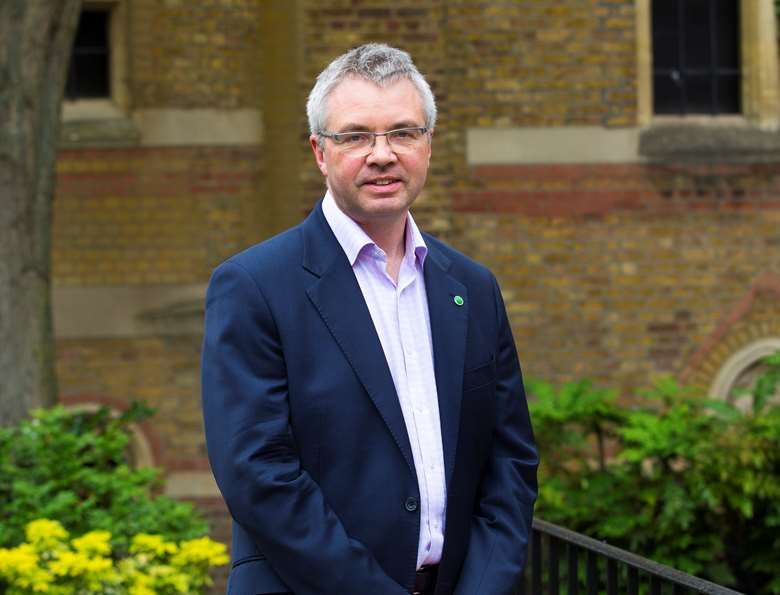Daniel Pelka SCR: Practitioners must be bolder in acting on concerns, says sector
Derren Hayes
Tuesday, September 17, 2013
Professional bodies and child protection campaigners have said all practitioners working with children must be more prepared to intervene if they are concerned that a child is being abused or neglected.

Peter Wanless, chief executive of the NSPCC, said the serious case review (SCR) revealed a “basic lack of real action to protect Daniel” from the agencies involved in the case.
He said: “Too often people failed to look at Daniel like they would their own child. He was clearly not okay and it’s not clear if anyone sought to establish his feelings with him in his own language as his parents’ excuses just didn’t add up.
“The police and other services were involved with the family many times about his parents’ domestic violence and alcohol issues – on at least 27 occasions.
“Everyone who has contact with troubled families through any role, particularly adult-focused services, needs to think about every person in that house.
“There must be a culture change from process-driven box-ticking to child-aware curiosity; a willingness to question excuses; and a resolve to record and follow through with appropriate urgency whenever we see a child suffering. Professionals must act on their instincts when they feel something could be seriously wrong, not wait until they are certain.”
Chair of The College of Social Work Jo Cleary said the report highlighted that all the professionals involved in Daniel’s case – social workers, teachers, health visitors, doctors and the police – did not have a clear and accurate picture of what life was really like for him.
She said: "Everyone involved in working with children must be unrelenting in their focus on the child and their needs and on making sure that children's voices are heard.”
Andrew Webb, president of the Association of Directors of Children’s Services (ADCS), also highlighted failures on information sharing.
“One consequence of not sharing information was that nobody had a complete picture of Daniel’s life, but nobody knew the extent of the physical abuse Daniel had suffered until after his death.”
Webb also hinted that the evidence gathered by the SCR could lead to action being taken against individual professionals if their work was deemed to be below acceptable standards.
“If a SCR identifies issues of concern in respect of the performance of individual professionals then employers and/or the relevant professional registration bodies must take a view on whether further action is required, and whether the employing organisation had provided sufficient support,” he added.
David Simmonds, chairman of the LGA’s children and young people board, said the "clear message" from the SCR is that everyone has a part to play in keeping children safe.
"The collective aim must be to create a culture of moral responsibility in which people know how to raise the alarm and feel confident that if they come forward with legitimate concerns those concerns will be dealt with in a swift, proportionate and effective way."
Action for Children chief executive Dame Clare Tickell said the lessons that need to be learned from cases like Daniel’s are “coming up time and time again”.
“Hundreds of vulnerable children at risk of dying and serious harm are falling through the cracks of a creaking child protection system,” she said.
“Professionals across the board have told us about the barriers that they face when they want to step in and help a child that they suspect is being neglected.
“Limited resources, dwindling support for families and a real need for people to work together are all taking their toll.
“As a society, we all have a responsibility to look out for children in danger and take action.”
Darren Clews, the former head teacher at Little Heath Primary in Coventry that Daniel attended, said Daniel's case would stay with him "for the rest of my life".
He added: “All the concerns we had about Daniel were based on the limited information available to us and were passed on to the relevant agencies that we thought were best placed to help Daniel, as well as offer advice to the school on how to manage the issues under investigation.
"These services included the school nurse, Daniel’s GP and the Community Health and Education Welfare Service.
"I have asked myself many times if I could have done more but I believe that my staff and I followed all the procedures we felt were appropriate to take given what we knew during the six months that Daniel was with us."




